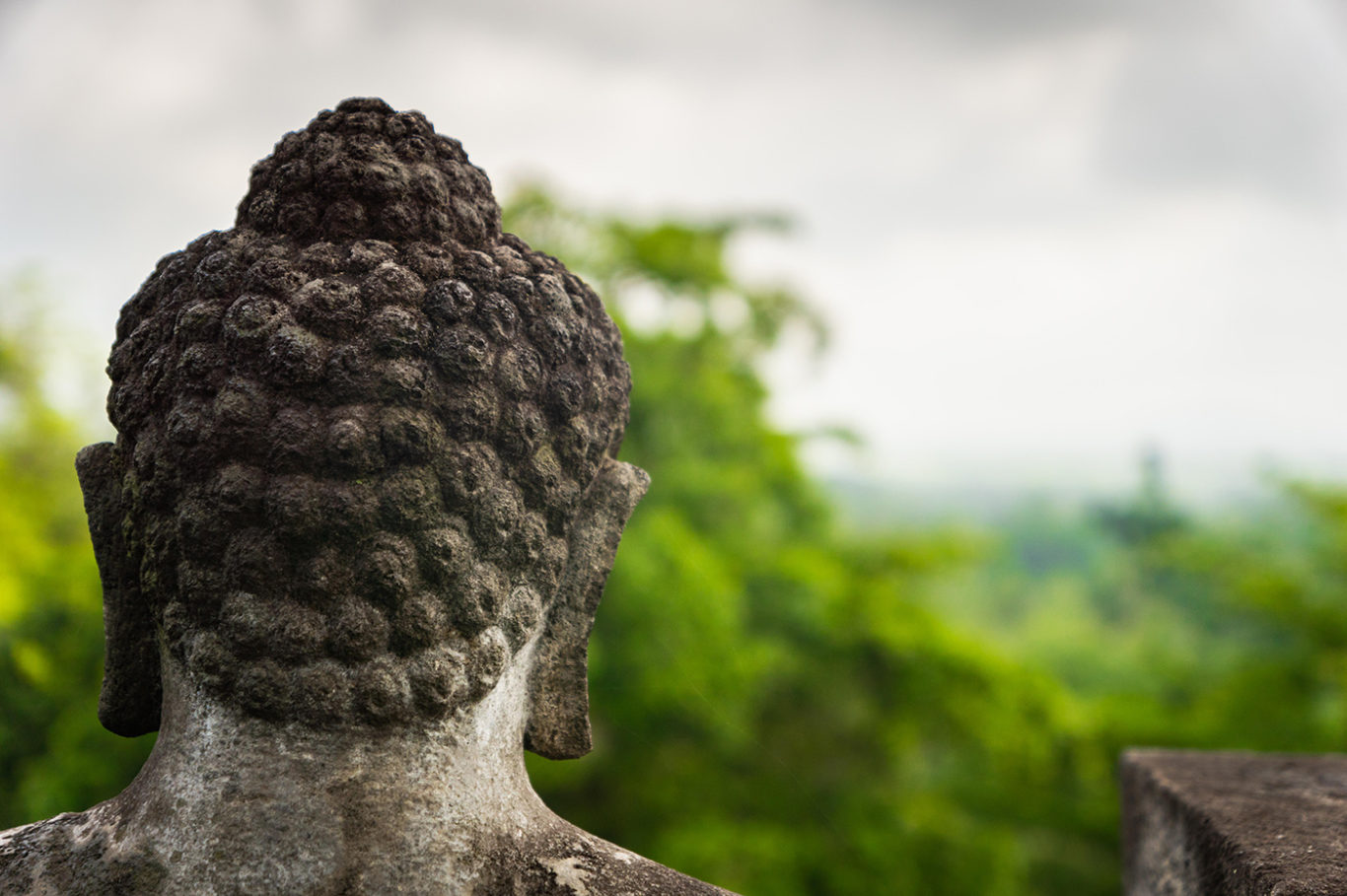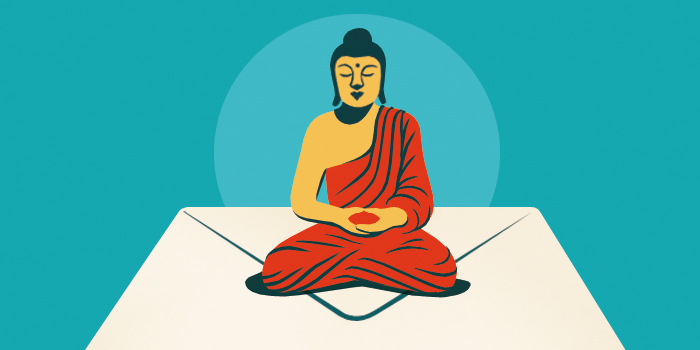Why “secular”? Isn’t Buddhism a religion?

A Buddha statue at Borobudur Temple, a 9th-century Buddhist temple in Indonesia | uskarp / Alamy Stock Photo
The question of whether Buddhism is a religion, philosophy, or way of life is widely debated. For the many scholars and practitioners who agree it’s a religion (or a family of religions), “secular Buddhism” or “secular dharma” sounds like oxymoron. Is it? We must take a look at the word “secular,” which has three overlapping meanings:
- Contrasted with or seen as being in opposition to “religious”;
- From the Latin word saeculum, originally meaning a human lifespan but later understood as a century, it refers to worldly concerns about the quality of our personal, social, and environmental experience on Earth;
- In Western countries, it describes the profound cultural transformation in which metaphysical beliefs and religious truth claims are no longer of central importance, and in which even some traditional religious bodies emphasize belonging and ethical practices instead.
Secular dharma, or Secular Buddhism, is “secular” in the sense of the second and third definitions of the word. The emergence of secular dharma is just one instance of the secularization that has been developing in the West since before the European Enlightenment. Seen historically, secularity consists of a centuries-long religious development rather than a victory of science over religion. Today’s secularity is marked by a cultural decline of truth claims, particularly those that involve supernatural beings or phenomena.
The Christian theologian Paul Tillich suggested that religion as such has little to do with beliefs, rather religion is “the state of being grasped by an ultimate concern.” The secular Buddhist writer and thinker Stephen Batchelor has written, “Secular dharma has a religious quality because it is rooted in four ‘ultimate concerns’: the principle of conditionality; the practice of a fourfold task; the perspective of mindful awareness; and the power of self-reliance.”
While secular dharma practitioners have been connected with a range of Buddhist lineages, and none, secular dharma is a development out of certain modernizing trends within different schools of Buddhism. A secular space is open-minded and tolerant and does not discriminate on the basis of ethnicity, gender, ability, beliefs, or faith. Those who engage with a secular dharma community are not required to adopt metaphysical beliefs or become involved in activities generally associated with religion, Buddhist or otherwise, such as chanting or praying.

Tricycle is more than a magazine
Gain access to the best in sprititual film, our growing collection of e-books, and monthly talks, plus our 25-year archive
Subscribe now